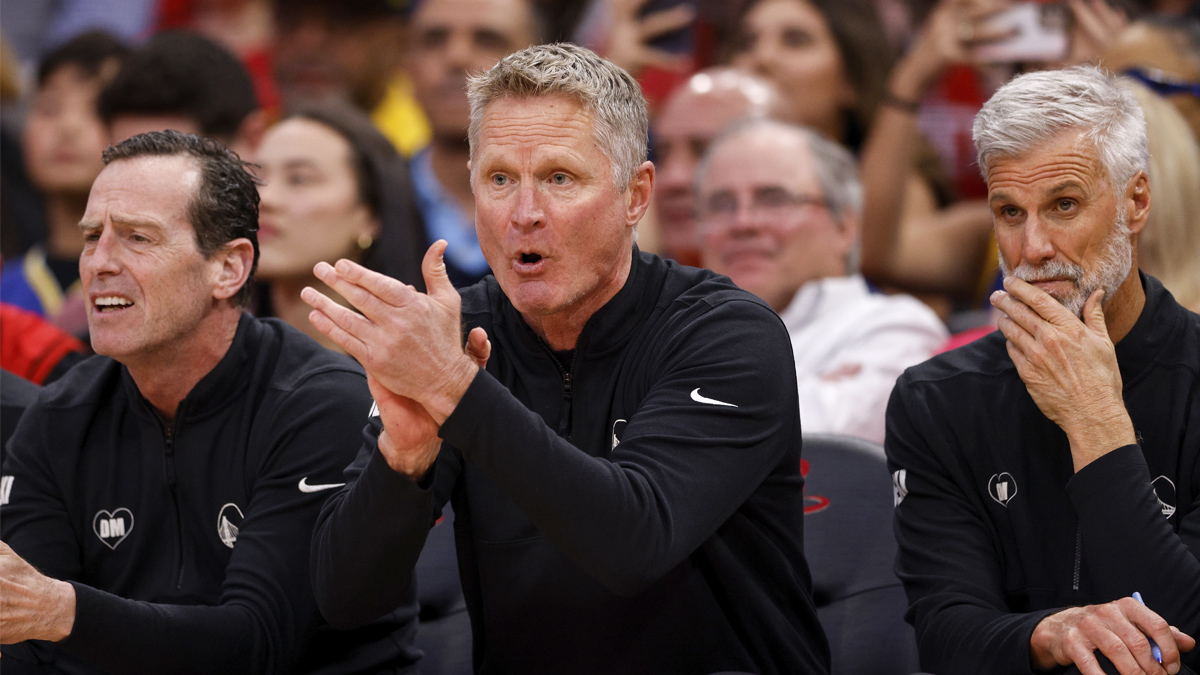UFC closed two antitrust lawsuits by agreeing to pay out $335 million to satisfy grievances from fighters, and now the full settlement agreement has been filed with the courts.
The settlement between the plaintiffs (the fighters) and the defendants (UFC) has already been agreed upon by both parties. The court has now also “provisionally” approved the settlement agreement, which takes the lawsuit one step closer to being closed forever.
Under the terms of the agreement, UFC is expected to put $100 million in “an interest-bearing escrow account” three days after the court preliminarily approving the settlement. A second $100 million payment will be paid three days after the court finally approves the settlement or on Nov. 1, 2024, whichever comes later.
The final $135 million payment is due no later than April 1, 2025.
“In consideration for the release of his claims,” former UFC fighter Nate Quarry is set to receive a one-time payment for $250,000 as part of the settlement agreement. Quarry was one of the original fighters who filed the antitrust lawsuit against UFC back in 2014.
The deal also includes a provision from UFC for a five-year period that starts at the effective date of the settlement agreement for certain adjustments to fighter contracts that already exist, as well as any new contracts signed during that five-year stretch.
Here are the key components:
- Fighters agree to an exclusive negotiating period with UFC for the “extension or renewal” of a contract that can last no longer than 30 days. If the fighter fails to reach an agreement on an extension or renewal of the contract, the athletes “may negotiate with any other promotional entity” subject to the UFC’s ability to then match that offer.
- The matching period for UFC on contracts can extend no further than four months. During that time, UFC can choose to match financial terms and conditions for any other offer made to a fighter, and fighters cannot accept or enter into any agreements or contracts with other promotions during this time without complying with the matching period.
- If a fighter is “unable or unreasonably refuses to compete for any reason” when offered a fight, UFC maintains control to extend the contract for a sufficient amount of time to find a new opponent/date or for up to six months, whichever is longer. A “new opponent” means “an opponent different than the one previously offered and declined.
- If a fighter decides to retire from competition, UFC can effectively freeze the contract for a maximum of four years or opt to release the fighter from contract during that period of time. As soon as a retired fighter hits the four-year mark, the contract automatically terminates.
- There’s also a provision to allow fighters more freedom with name and likeness rights with UFC maintaining “nonexclusive worldwide rights” to use the fighter’s identity.
As a reminder, these changes have been provisionally approved but nothing is official until the court approves the settlement agreement.
The payments made under the terms of the agreement are put into the UFC Settlement Fund, which will then be used to make disbursements out to qualifying athletes covered by the antitrust lawsuit.
There can still be objections filed, although all signs are pointing toward a final hearing where the court likely signs off on the settlement agreement to finish the proceedings and end the antitrust lawsuits against UFC.

Christine Lake is a sports fanatic who lives and breathes athletics. With an extensive background in sports journalism, he covers everything from major league championships to grassroots sports events. When she’s not on the field or at the stadium, you’ll find Christine coaching youth sports teams.







